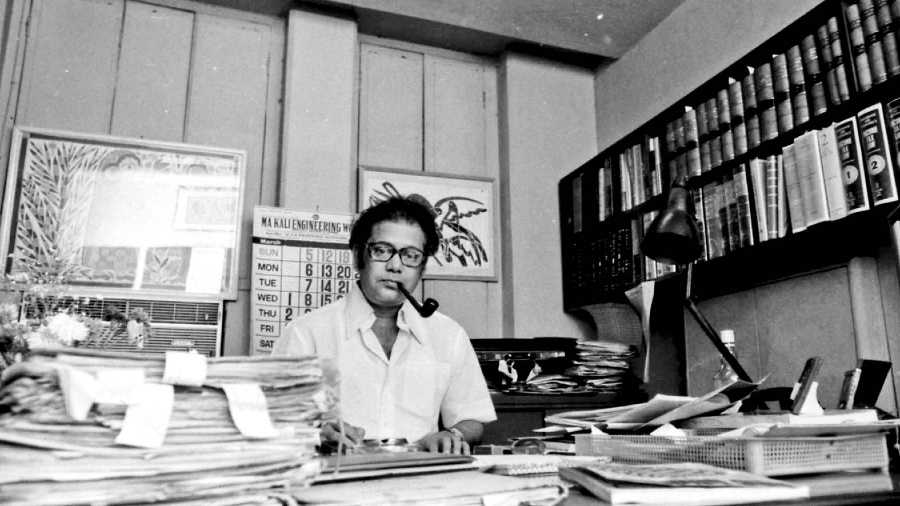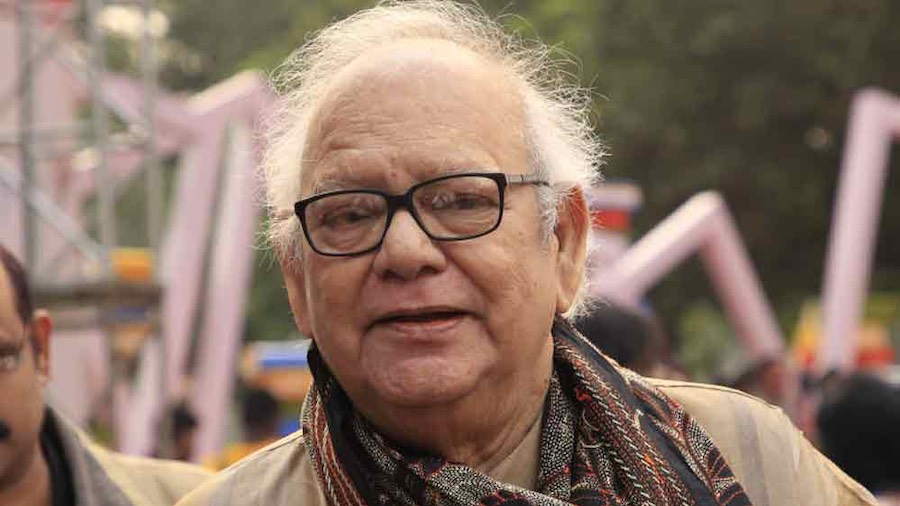Arindam Sil, film director
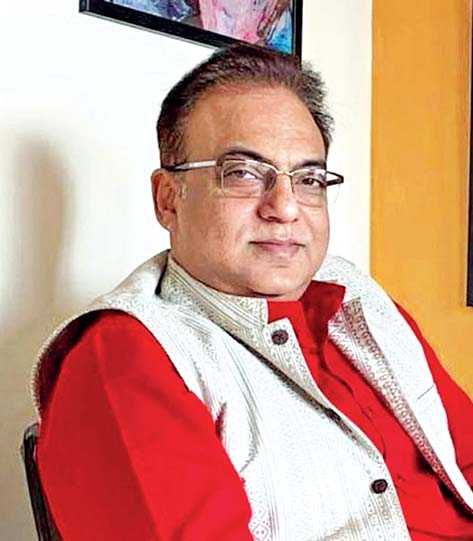
“I was very close to Lala-da. I have fond memories of going to his house and having conversations with him. He had a great spirit and was a great person. Greatly romantic, and a large-hearted person. He was a superb singer too. At Sunil Ganguly’s house we would all gather and he would sing. We would just have to tell him to sing and he would start. It is difficult to describe a person like him. He represents our culture with a lot of romanticism. We have all grown up reading his writings with an element of romanticism, be it Ektu Ushnotar Jonno or even Riju-da. I was supposed to shoot Riju-da and have the rights too. He used to tell me that he won’t live long enough to see the film. That is what is hurting me the most today, his words became true. He once told me, “You make very nice films... I won’t give Riju-da to anyone other than you.... Please see to it that my Riju-da is tall.” His writings about jungles and love fascinated me. He was one of those authors whose stories I had to read when Puja editions of magazines used to come home earlier.”
Tilottama Majumder, novelist and poet
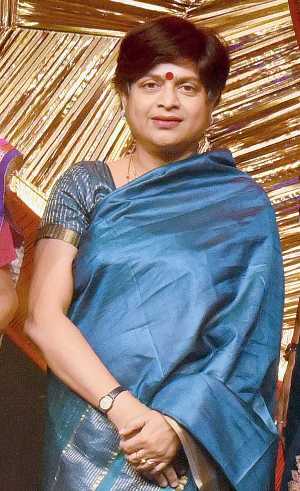
“I really like his novels Kojagar, Sukher Kache and Sobinoy Nibedon. I was in school when his work Madhukari used to get serially published in Desh. That was the first thing I read written by him and it got me interested in his works. I really liked most of his works that are based in forests. I was born and brought up in a forest region and share a deep passion for it. That is the reason I followed his writings. We met several times at the Poila Baisakh get-togethers arranged by Ananda Publishers. We used to have a lot of discussions on literature and music. We used to sing together at such addas too. The way he knew the jungle, wildlife, people who worked in the forest and their life, those deep observations found reflection in his writings too. He has presented his perspectives and characters in literature wrapped with a sense of romanticism, which is really unique. I don’t think there are many novels that present the jungle in this manner, by one author alone, one after the other. And his language is really nice too. It transports one. He has a huge reading circle, and I know so many people who started loving the jungle after reading Buddhadeb Guha’s writings.”
Sabyasachi Chakrabarty, actor and passionate wildlife explorer
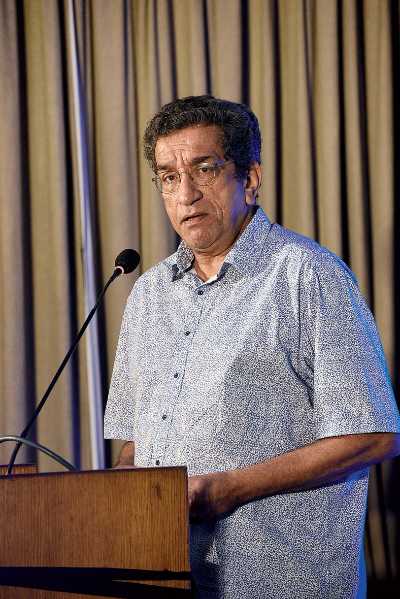
“I started reading Buddhadeb Guha after I started travelling. It was in 1995 that I decided to go to the jungles again, 11 years after my father’s death. I decided to go to Palamau Tiger Reserve, which is where Buddhadeb Guha had spent most of his time. It was kind of his rehab. Koyeler Kachey and many of his other writings are based on Palamau. Artist Subrata Gangopadhyay had introduced me to him saying that he would be the best person to guide me regarding Palamau. I had visited his chamber and he got us the booking after talking to the forest official at Palamau. The booking papers had come to his house and I went to collect them. There was a note from him which said, ‘Travelling is the main thing, the rest is secondary.’ Many years after that trip, I started to read Buddhadeb Guha. But I never saw the jungle the way he saw it and presented in his writings. I was literally in love with the jungle. His descriptions emphasised more on the people living in the jungle and their lifestyle, their hardships. How these people looked at the jungle and how these people survived. But his writings always indicated that if you do not visit the jungle, you would not know how good they are. That is how he inspired me.”
Abir Chatterjee, actor whose recent film, Dictionary, was based on Buddhadeb Guha’s Baba Howa, Swami Howa
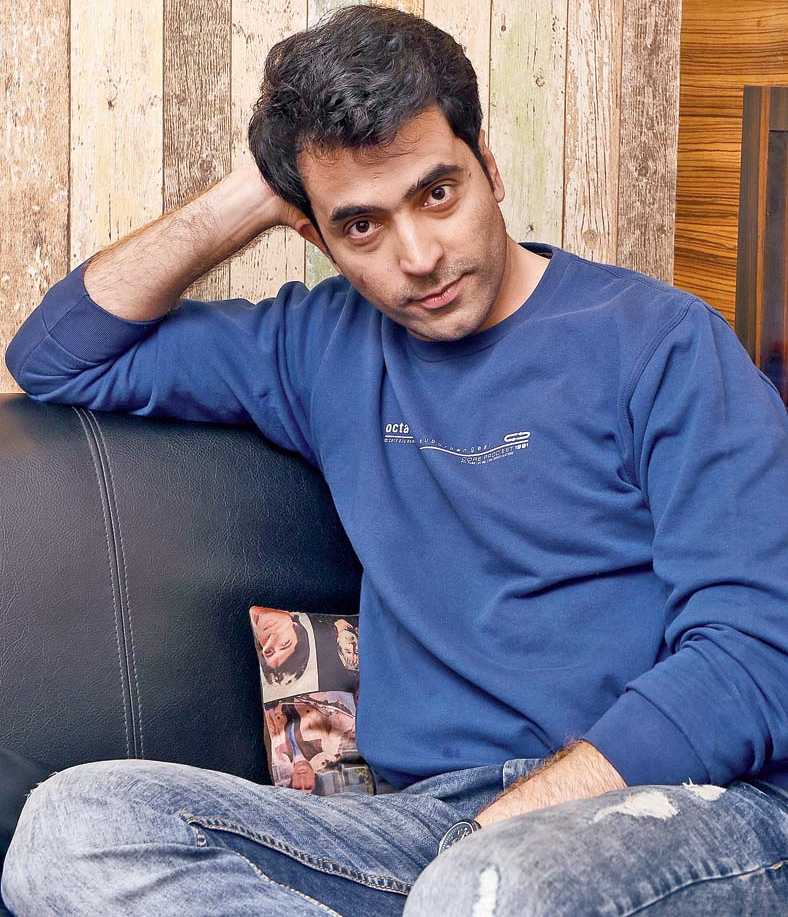
“I got introduced to Buddhadeb Guha when I was in high school, probably in class 12. For me, he brought a new definition of romance and passion in relationships. When I was reading him, I was very young and had my own ideas about romance and passion in relationships, but those ideas change at that age with the films we watch or the books we read. He was that person who had changed my ideas. His most celebrated work is definitely Madhukari, but I also loved Koyeler Kachey, Ektu Ushnotar Jonno and Changhore Gaan, which has a different writing style and format. We used to say on a lighter note and among friends that he is the author who actually introduced us to adulthood. His characters with uninhibited emotions were unapologetic about physical relationships. These were limitations at that point of time. The way he described relationships between nature and human beings, and between man and woman was very passionate. Jungles, forests, nature and animals — these things used to come very naturally to him. I explored these things for the first time when I started reading Buddhadeb Guha. Being a student of commerce, his chartered accountant background also intrigued me. We loved him as an author, he was a chartered account and such a good singer too. He was a person with varied interests and lived life in a royal manner. These people are very rare to find. I don’t find such Bengalis today.”
Srijato Bandyopadhyay, poet
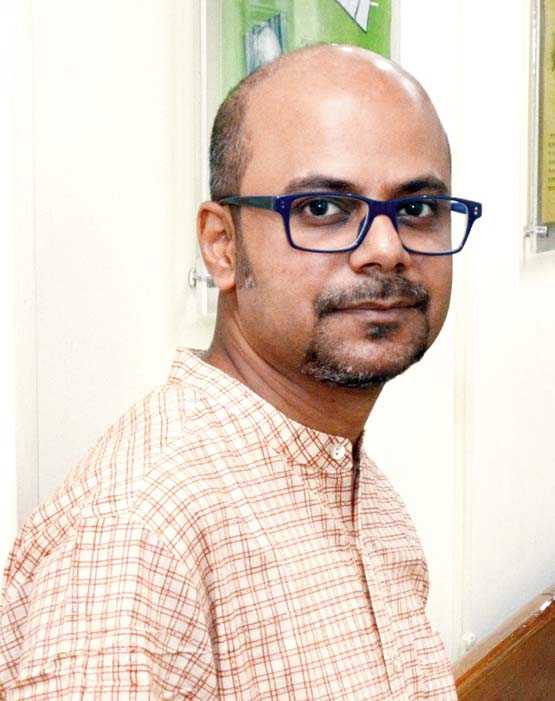
“At a tender age, I got introduced to his work through his children's stories, like Riju-da, which was very popular among kids. If we read his stories for adults too, we can understand his love for nature, a carefree attitude, a brave and stubborn sentiment — these were there in his writing always. Whatever we read at a tender age creates an impact on us and we try to look up to them as idols. Like Kakababu or Feluda, Riju-da, too, was one of our idols. I have met him (Guha) very few times. I remember this one incident of meeting him at Nabaneeta (Dev Sen)-di’s 80th birth anniversary at Rabindra Sadan. I saw him and went up to him for his blessings. He recognised me despite not meeting anywhere before and said that he reads my work. The person whose writing I read while growing up was saying that he reads my writing, that was very inspiring. He told me to go to his house to collect a pen he had kept for me as a gift. But then Covid started and I didn’t manage to meet him. This regret will always remain. For many of us, who grew up a little far away from nature... he brought that world closer to us. His works instilled a sense of value too. Characters like Riju-da, their actions made us understood what is just and what is not. Very few people can instil this value in a child, and we learnt it through his literary works....but nothing really gets lost, and I hope those who are writing for children now will cater to that. That is how a beacon passes from one to another.”
Sahana Bajpaie, singer and lecturer of Bengali language and literature at SOAS University, London
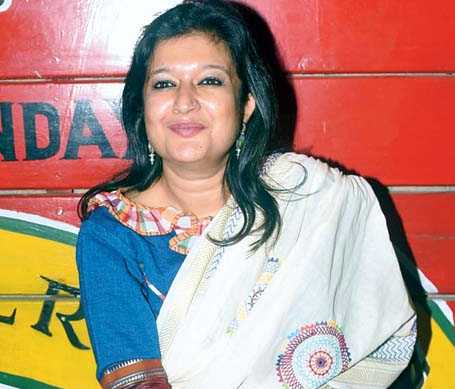
“As a teenager, I found his books in my school library. What attracted me to his books was the way he described nature and natural surroundings. I do love his Madhukari, but the first book of his I read was Ektu Ushnotar Jonno, which was quite interesting. Later, I heard his puratoni gaan, his old recordings that my father had. I was completely enamoured by his voice. He was not only a writer for me, he was a singer and a performer as well. Then I got to know that he paints as well. He was a multifaceted, multitalented character that Bengalis had and I think it is a great loss to us. Though his house is in my neighbourhood in Santiniketan, I have never met him in person. We have a plethora of his archival work, what he has done and left behind for us is a lot already and we can always hark back to that.”
Pictures: Pabitra Das, Rashbehari Das, TT Archives
